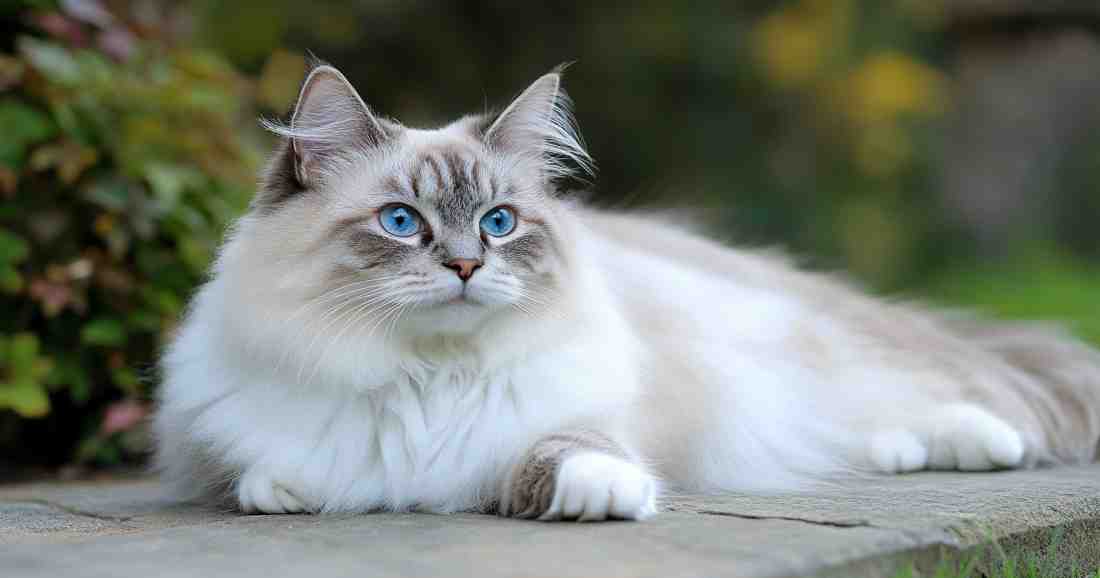
How Long Will My Cat Live Quiz Estimate Your Feline’s Lifespan! Every cat owner hopes for a long and happy life with their furry companion. While genetics play a role in determining lifespan, factors such as diet, exercise, and medical care significantly impact longevity. Some cats live well into their twenties, while others may face health challenges that shorten their years. If you’re curious about how long your cat might live, this How Long Will My Cat Live Quiz will help you assess their potential lifespan!
A well-balanced diet, regular exercise, and preventive veterinary care contribute to a cat’s overall health. Indoor cats tend to live longer than their outdoor counterparts due to fewer risks, including predators, accidents, and infectious diseases. Genetics also play a role, with some breeds naturally predisposed to longer lifespans.
Uncover the Answer, Start the How Long Will My Cat Live Quiz Today
Factors That Affect a Cat’s Lifespan
Environmental conditions and stress levels can influence longevity as well. A stable, loving home with mental stimulation helps prevent anxiety-related health issues. Routine check-ups and vaccinations reduce the risk of illness, ensuring a cat remains healthy well into old age.
Average Lifespans of Different Cats
🐱 Indoor Cats Live Longer – The average lifespan of an indoor cat ranges from 12 to 20 years, with some reaching 25 years or more.
🐱 Outdoor Cats Face More Risks – Due to accidents, predators, and disease exposure, outdoor cats typically live between 3 and 7 years.
🐱 Certain Breeds Are Known for Longevity – Siamese, Burmese, and Russian Blue cats often live longer than the average feline.
🐱 Health and Diet Matter – Obesity, poor nutrition, and lack of exercise can shorten a cat’s life expectancy.
🐱 Regular Veterinary Care Extends Lifespan – Early detection of illness and routine vaccinations keep cats healthier for longer.
Why Understanding Your Cat’s Longevity Matters
Planning for a cat’s future ensures they receive the best care at every life stage. Kittens require proper socialization and nutrition, while senior cats benefit from specialized diets and more frequent vet visits. Adjusting care as they age helps maintain quality of life, allowing them to stay active and comfortable in their golden years.
Are You Ready to Take the How Long Will My Cat Live Quiz?
Curious about your cat’s potential lifespan? Whether you’re caring for a kitten, an adult cat, or a senior feline, this How Long Will My Cat Live Quiz will help you estimate their longevity based on lifestyle and health factors.
Cat Quizzes – Are you a true feline expert?
Wondering how many years of purrs and companionship you’ll get with your feline friend? If you’re considering expanding your cat family, find out the ideal number with the How Many Cats Should I Have Quiz. If your cat is extra attached, it may have formed a special bond—check with the Has My Cat Imprinted On Me Quiz. And to keep your furry friend thriving for as long as possible, make sure to assess its age and well-being with the How Old Is My Cat Quiz.
